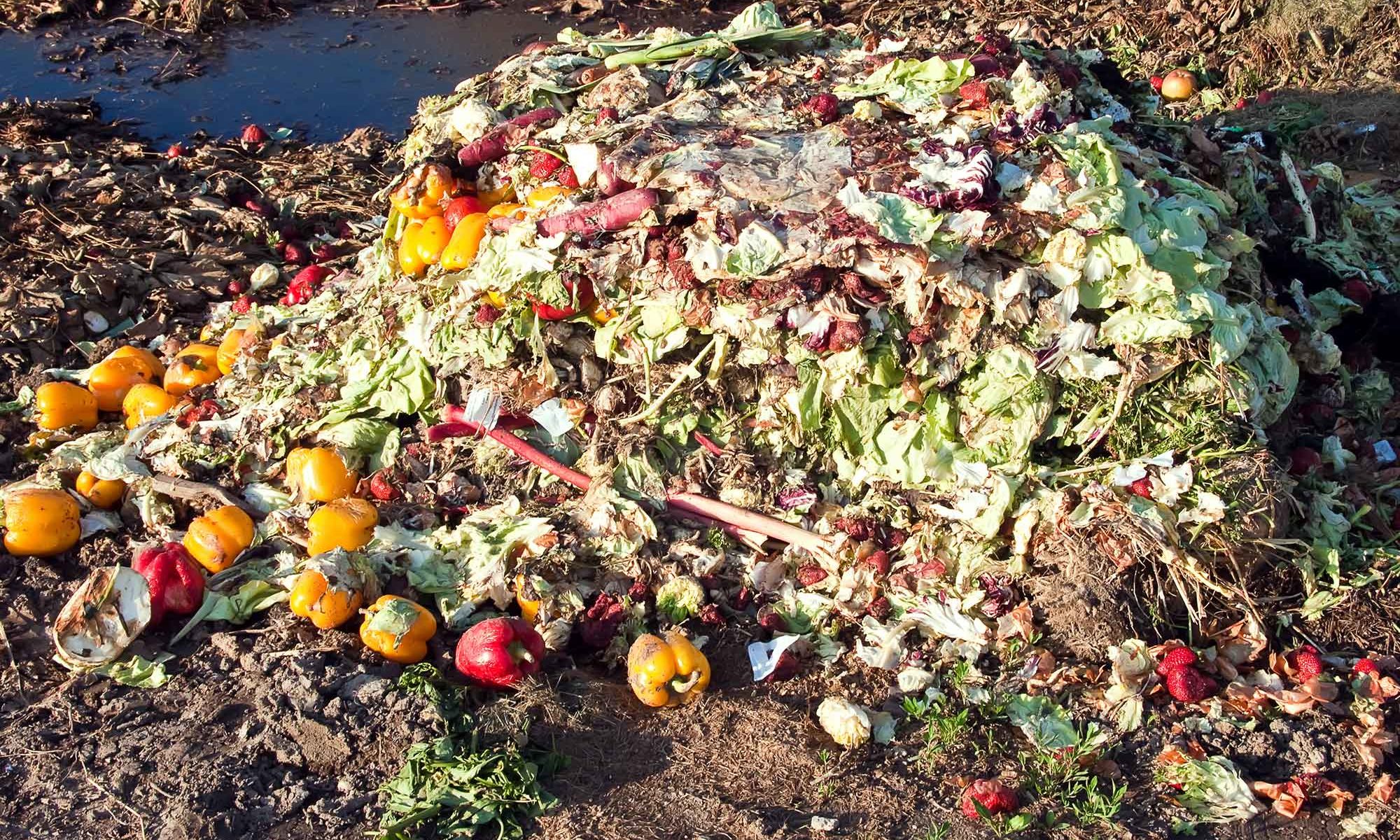Model2Bio aims to develop an instrument to predict residual flows of organic material from the food industry and to identify the best routes for recycling this waste. The tool is being tested and validated for sectors such as meat, vegetables, dairy and alcoholic drinks in Spain, Belgium, the Netherlands and Greece.
Organic waste is currently mainly used as animal feed, composted, incinerated or landfilled. With better predictability of availability, reuse as a feedstock in the European bio-based industry is within reach. As a predictive simulation software, the tool will take into account the physicochemical characteristics of the organic residual flows in the agri-food sector and their usefulness depending on the region’s social, economic, environmental and legal criteria.
Alternative to fossil raw materials
The project will run for three years and is funded by the Bio-Based Industries Joint Undertaking (BBI-JU) within the EU’s Horizon 2020 research and innovation program. The result is aligned with the European Circular Economy concept. It will contribute to the European Union’s objective to significantly reduce the amount of organic waste in landfills and provide an alternative to fossil resources
Coordinated by Asociación Centro Tecnológico (CEIT), the project combines the expertise of think tanks, technology development entities, research centers, universities, industry and governments from six European countries. Participants include Centro Tecnológico de la Industria Cárnica and Centro de Innovación y Tecnología Alimentaria de España (CTIC-CITA); the Engineering Faculty of the Universidad de Navarra (Tecnum); Wageningen Food & Biobased Research in the Netherlands; the Belgian scientific and technical support center CELABOR; the Cluster of Bioeconomy and Environment of Western Macedonia (CluBE); CLUSTER FOOD + I Association; Flanders’ FOOD; the Polish engineering and consultancy firm IZNAB; the European Science Communication Institute (ESCI) and the waste management company of West Macedonia (DIADYMA).
Image: g215 / Shutterstock



